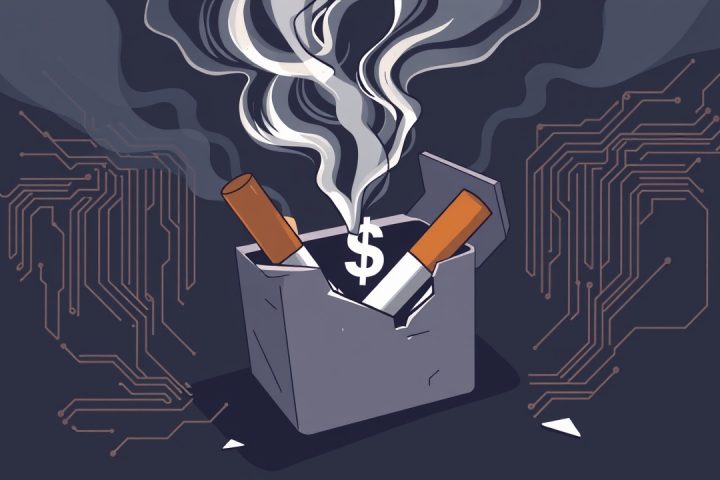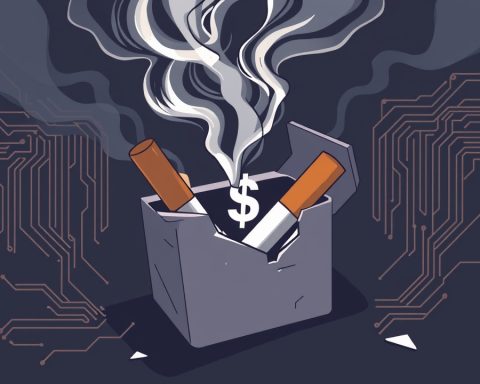SEC Files Lawsuit Against Green United LLC
In a significant legal development, the U.S. Securities and Exchange Commission (SEC) has filed a major lawsuit against Green United LLC, a cryptocurrency company, for orchestrating a vast fraudulent scheme involving the sale of crypto mining devices known as “Green Boxes.” Allegedly deceiving investors out of approximately $18 million, Green United attracted customers by promising exorbitant returns on investments delivered through these machines. The SEC’s complaint sought not only to bar the company’s executives from conducting any unregistered securities transactions but also to seize their profits from this scheme.
Court Ruling on Securities Transactions
On September 23, 2024, Judge Ann Marie McIff Allen ruled that the SEC had effectively demonstrated that the operations involving the sale of these machines, coupled with accompanying custody agreements, qualified as securities transactions. The court found that the defendants misled investors by promising monthly returns of $100 and projecting annual yields of 40% to 100%. In reality, rather than mining cryptocurrency, Green United manipulated the system by purchasing “GREEN” tokens that ultimately became worthless due to the absence of a secondary market. This underlying model deceived investors into believing they were participating in a legitimate investment avenue.
Legal Precedents and Interpretations
Judge Allen’s decision echoed the precedent set in the SEC v. WJ Howey Co. case, which established four criteria for what constitutes an investment contract: a contribution of capital, a common enterprise, profit expectations, and profits derived from the efforts of others. Green United contended that its mining machines were solely commodities and that any profit assurances in their agreements were merely business incentives. Yet, the judge’s analysis concluded that the structure of the agreement formed a common enterprise, fundamentally linking investor outcomes to the actions of Green United rather than to the physical machinery involved.
Impacts on the Cryptocurrency Industry
The court’s ruling has sparked an ongoing debate within the legal community and among cryptocurrency industry professionals. Some argue that the decision exemplifies the essence of the Howey test—prioritizing the substance of transactions over their form. They assert that although these mining devices are physical products, the substantial control exercised by Green United over the income generation process designates these arrangements as securities. Conversely, critics warn that this precedent could blur legal interpretations surrounding hardware sales, interpreting them as securities simply based on profit promises, raising complexities in the management and regulation of technological innovations.
Context with Recent SEC Actions
The case draws parallels with other recent SEC actions, notably the legal confrontation with Ripple regarding the sale of XRP, as well as the Terraform case involving UST and LUNA. In these instances, courts addressed the securities nature of cryptocurrencies based on the conduct of the firms involved and the expectations created among investors.
Looking Ahead
As the crypto landscape evolves, the ruling against Green United may serve as a deterrent against deceptive practices while contributing to the maturation of a regulatory framework that can adequately respond to innovations in financial technology. Moving forward, clearer guidelines will be essential to navigate the interplay between investor protection and fostering technological advancement in this rapidly changing sector.

















